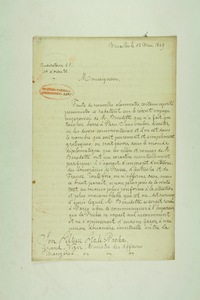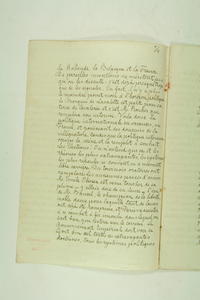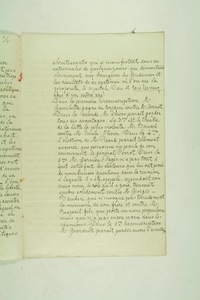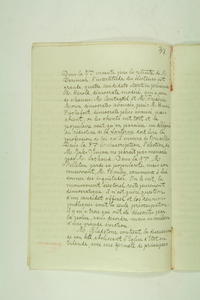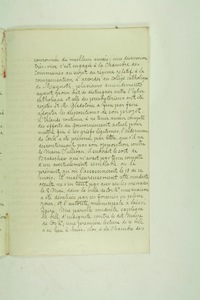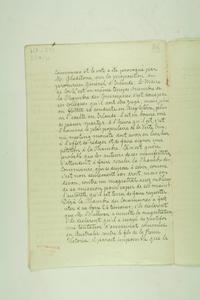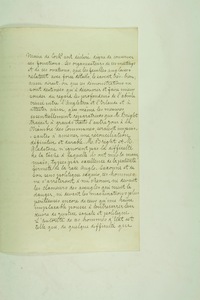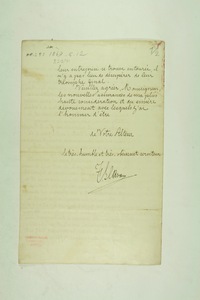Ottoman Diplomats
Letters from the Imperial Legation in Brussels (1849–1914)
Synopsis
Glavany notes that the improvised trip of the French diplomat, Count Benedetti, was perceived by the diplomatic world as a pacifist move, because he seemed to have initiated a debate between Prussia, Austria and France. Glavany writes that – although nothing had been confirmed yet – this was the most plausible interpretation of Benedetti’s stay in Paris. According to Glavany, there was no reason to worry anymore about France’s foreign policy. Its internal policy seemed more interesting to him. He reports about French elections, and mentions that there was a lot of writing going on about new political systems and extravagant theories. Glavany describes the preliminary results of the elections in the different Parisian districts, and concludes that the Electoral Movement was merely democratic, and had no own official candidate. He then reports about the debates in the British House of Commons, concerning Gladstone’s bill on the abolishment of the Irish state religion. Some MP’s had received threats, and the bill had also caused a violent incident in Cork, of which Glavany describes the implications. The demonstrations and incidents attest to a growing gap between Ireland and England. Glavany describes the Anglo-Saxon race as one with a patient determination: Gladstone and Bright acknowledged the difficulty of their duties, but wouldn’t give up.
Facsimiles
How to cite
If you use this website for your own research, we kindly ask you to mention the following reference in your publications:
Consulted online at Ottoman Diplomats: Letters From the Imperial Legation in Brussels (1849–1914) (2014 Edition), Centre for Political History (PoHis), University of Antwerp, <http://dighum.uantwerpen.be/ottomandiplomats/>.
